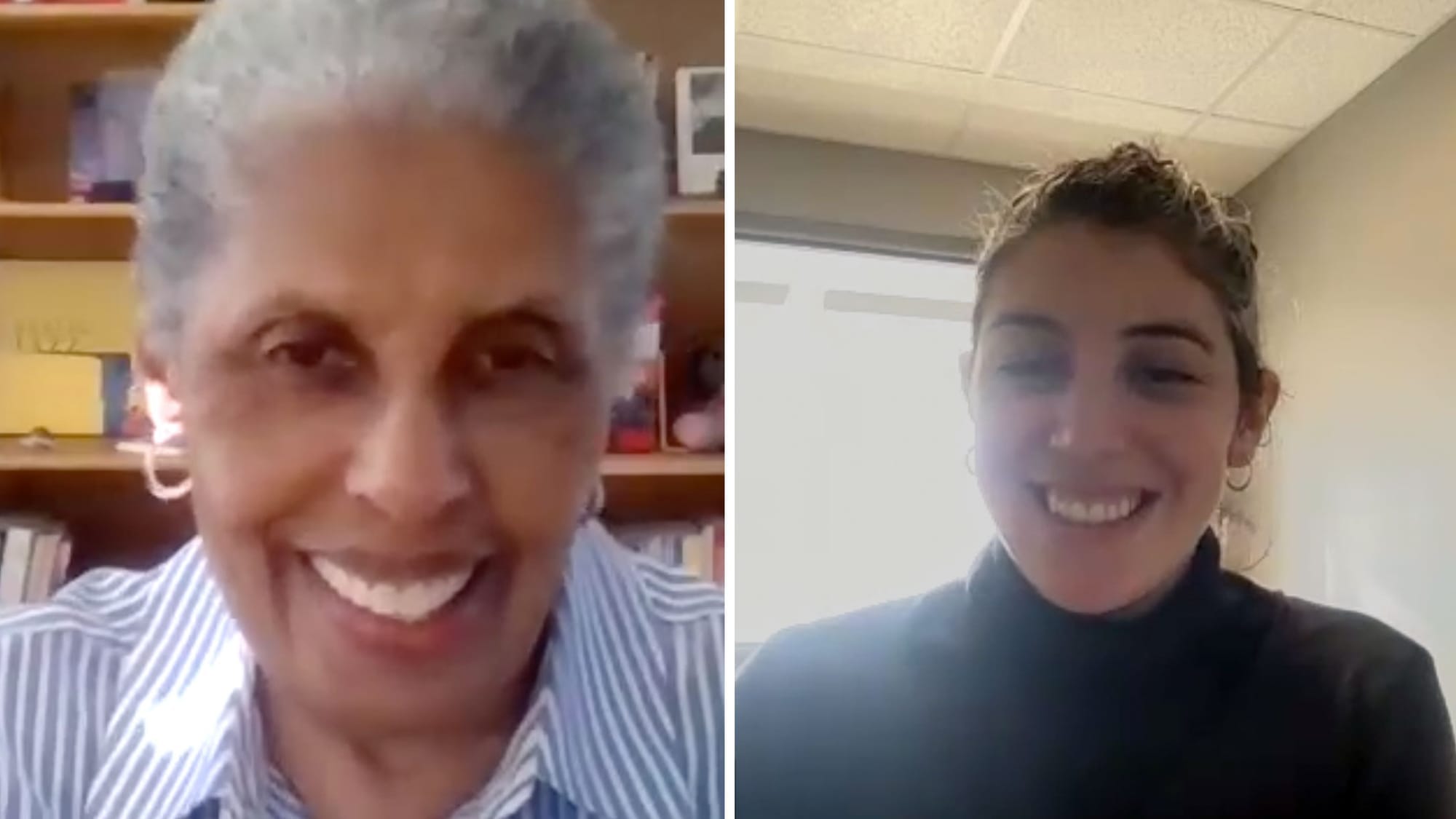Do You See How Successful We've Been?

Today: k.e. harloe, a freelance writer based in New York, author of the newsletter media x capital and the column Mediaquake at Popula.
Issue No. 17
A Talk with Barbara Smith
k.e. harloe
A Talk with Barbara Smith
by k.e. harloe
It's hard to know where to start an introduction for Barbara Smith. A renowned Black feminist scholar, lecturer, writer, activist, publisher, and organizer, Smith, alongside other Black feminists including Beverly Smith and Demita Frazier, formed the Combahee River Collective (CRC) in 1974. Three years later, Smith co-authored the Combahee River Collective Statement, a manifesto widely believed to contain the first use of the term “identity politics.”
In 1980, Audre Lorde called Smith and said, “we really need to do something about publishing.” This conversation gave birth to the Kitchen Table: Women of Color Press, which Smith was involved with for 15 years, publishing revolutionary texts including Cherríe Moraga and Gloria E. Anzaldúa’s This Bridge Called My Back and Lorde’s Apartheid U.S.A. Alongside this work, Smith also taught Black women’s literature, and continued organizing. In 2005, she was elected to Albany, New York’s Common Council (City Council).
I know Smith not only through her work, but also as a comrade, friend and neighbor in Albany. She is a charter member of the Albany Justice Coalition (AJC), a grassroots group that’s scored important local policy victories and accountability measures. She’s also an active member of the national Ukraine Solidarity Network (USN), as well as Ukraine Solidarity Capital District, and a very active member of the Albany chapter of Jewish Voice for Peace (JVP). This fall, she helped lead a grassroots effort to push Albany’s Common Council to introduce and pass the first Gaza ceasefire resolution in the state of New York. She is, in other words, the real deal—forgoing a relaxed retirement for the hard daily work of hyper-local organizing.
I got together with Smith to talk about Palestine, local and international organizing, and the role of media in the movement for liberation. This interview has been edited for clarity and length.
Smith and I spoke two weeks before January 4, when Albany’s Common Council passed the ceasefire resolution we discuss below.
It’s a paywall, but a small one
Read this post and get our weekdaily newsletter for $3 a month
